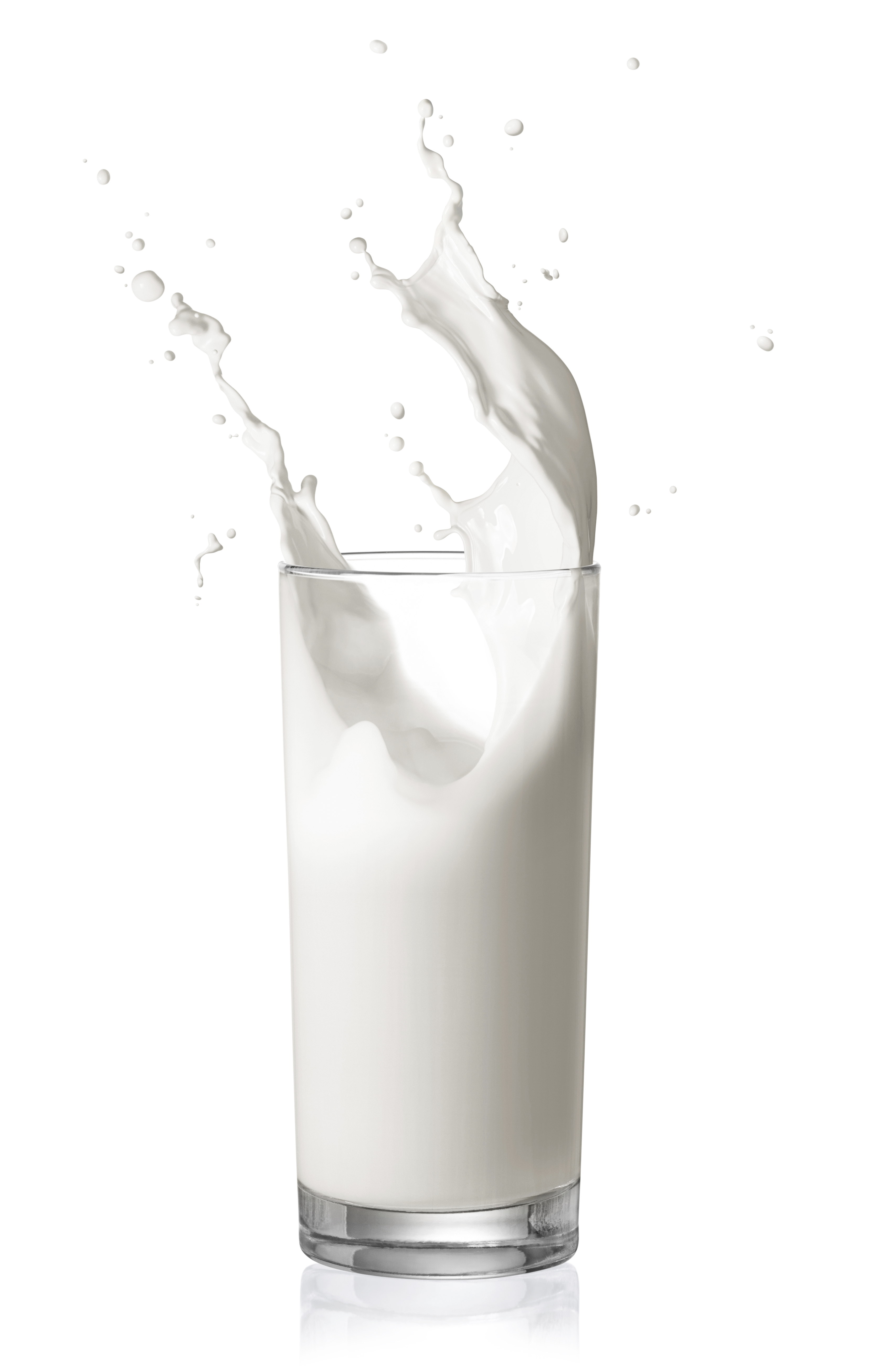
Return to Dairy in Minnesota main menu.
Situation Updates: H5N1 Highly Pathogenic Avian Influenza and Dairy Cattle
Raw milk, also known as unpasteurized milk, is milk that has not been pasteurized. Because of safety issues associated with drinking raw milk or consuming some dairy products made from raw milk, all milk used for human consumption in Minnesota must be pasteurized unless it meets specific requirements.
Frequently Asked Questions
Minnesota law, found in Minnesota Statutes 32D.20, restricts the sale of raw milk for human consumption; however, it does provide an alternative for people who want to consume raw milk. On an occasional basis, consumers may go directly to dairy farms to purchase raw milk directly from the farmer. Farmers are not allowed to bottle raw milk for sale, so consumers must also bring their own container to the farm if they are buying raw milk. Any sales that take place off the farm are a violation of State law.
Minnesota Statutes 32D.20 Limitation on Sale of Milk:
"No milk or fluid milk products shall be sold, offered or exposed for sale…for the purpose of human consumption in fluid form in this state unless the milk or fluid milk product has been pasteurized… and cooled, provided that this section shall not apply to milk, cream or skim milk occasionally secured or purchased for personal use by a consumer at the place or farm where the milk is produced.”
Pasteurization is the process of heating milk for a set period of time to a set temperature to kill bacteria. By heating the milk, bacteria that can cause human illnesses are killed or inactivated. Pasteurization has been used for many decades to assure dairy safety before milk bottling or production of other dairy products.
Yes. Raw milk is more likely to contain harmful bacteria and other pathogens that may cause people who consume the milk to become sick. Severe illness may occur, especially in young children, older adults, people who have compromised immune systems, and pregnant women. The bacteria naturally occur in cattle and can contaminate milk during the harvesting process, even on the cleanest farms.
Outbreaks have been reported in many states including Minnesota, California, Pennsylvania, Missouri, Washington, and Oregon. This has prompted a long list of respected public health organizations to warn consumers against consuming raw milk. That list includes:
- Centers for Disease Control and Prevention (CDC)
- U.S. Food and Drug Administration (FDA)
- Minnesota Department of Health
- American Academy of Pediatrics
- American Veterinary Medical Association
- National Association of State Public Health Veterinarians
If you are interested in consuming raw milk, do your homework on the potential health risks by collecting information from multiple, respected sources of public health information.
According to the CDC, human infections with Avian Influenza A viruses can happen when enough virus gets into a person's eyes, nose, or mouth or is inhaled. Raw milk from infected cattle can carry the virus and make people sick. People should not prepare or eat uncooked or undercooked foods, such as unpasteurized (raw) milk, or raw milk products, from animals with suspected or confirmed Avian Influenza A (H5N1) infection.

